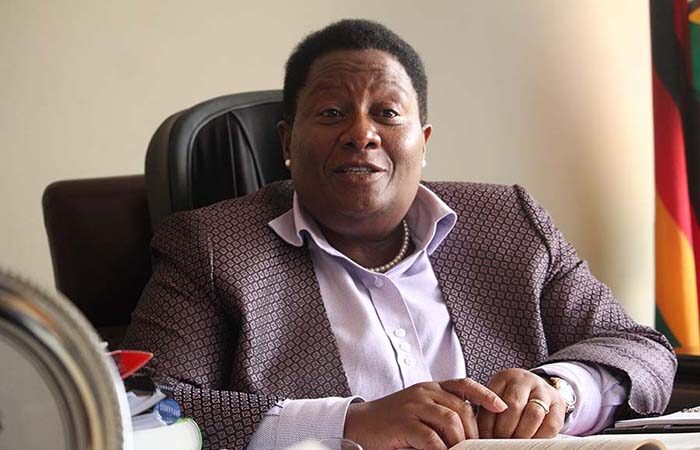High court orders forfeiture of US$40k property to recover US$13k stolen funds – Nehanda Radio

HARARE – In a landmark ruling, the High Court of Zimbabwe has ordered the forfeiture of a property valued at US$40,000 to recover US$13,147 stolen by Phillip Tendenedzai from his employer, Optinova Eye Care.
Despite the property being acquired through legitimate means, the court ruled that its equivalent value could be seized to compensate for the untraceable stolen funds.
Tendenedzai, then a driver and messenger at the company, was convicted by a Harare magistrate of theft of trust property in February 2023.
He was sentenced to five years in prison, with one year suspended on condition of good behaviour. An additional two years were suspended on condition he restituted Optinova Eye Care the full US$13 147
The Prosecutor-General applied for the forfeiture of his rights and interest in Stand Number 13 800, Caledonia, under Section 78(2) of the Money Laundering and Proceeds of Crime Act, as the stolen money could not be recovered.
High Court judge Justice Benjamin Chikowero granted the application, allowing the state to forfeit US$13,147 worth of Tendenedzai’s property.
In a statement, the National Prosecuting Authority of Zimbabwe (NPAZ) stated that this decision aligns with international best practices and Zimbabwe’s commitment to combating economic crime and money laundering.
“The court ruled that US$13,147 worth of Phillip’s property can be forfeited, even though the property itself was acquired with legitimate funds.
“This decision aligns with international best practices and Zimbabwe’s commitment to combating economic crime and money laundering,” the NPA noted.
“The ruling reinforces the principle of substitute asset forfeiture to ensure that criminals do not profit from their crimes, even if the proceeds are untraceable. It underscores the importance of holding offenders accountable and compensating victims of economic crimes.
“The NPAZ warns the public that crime does not pay. Where stolen funds cannot be traced the law allows for the forfeiture of legally acquired property of equivalent value.”
Tendenedzai, through his lawyers, had however opposed the application, arguing that he had already served his two-year prison sentence, which had initially been suspended on condition he restitutes his former employer.
He contended that there was no legal basis for confiscating his legally obtained property to recover the stolen money.
Justice Chikowero however dismissed Tendenedzai’s argument, stating: “That cannot be correct.”
“The survey of international legal instruments and comparative jurisprudence reflected in this judgment demonstrates that the object of an order of confiscation of property equivalent in value to the unlocated or unidentified tainted property is rooted in combating serious economic crime.
“As pointed out by the Botswana High Court in Director of Public Prosecution vs Kgori Capital (supra) offenders of the kind of Phillip (Tendenedzai), who view imprisonment as an occupational risk worth taking so long as they can keep and enjoy the profits of crime after serving their sentences, need to know that gains derived from crime will in one way or the other be taken away from them.
“Taking away Phillip’s untainted property equivalent in value to the unlocated tainted property is the answer. That will deter persons from committing serious economic crimes as the prospect of profiting from crime would be illusory.”



